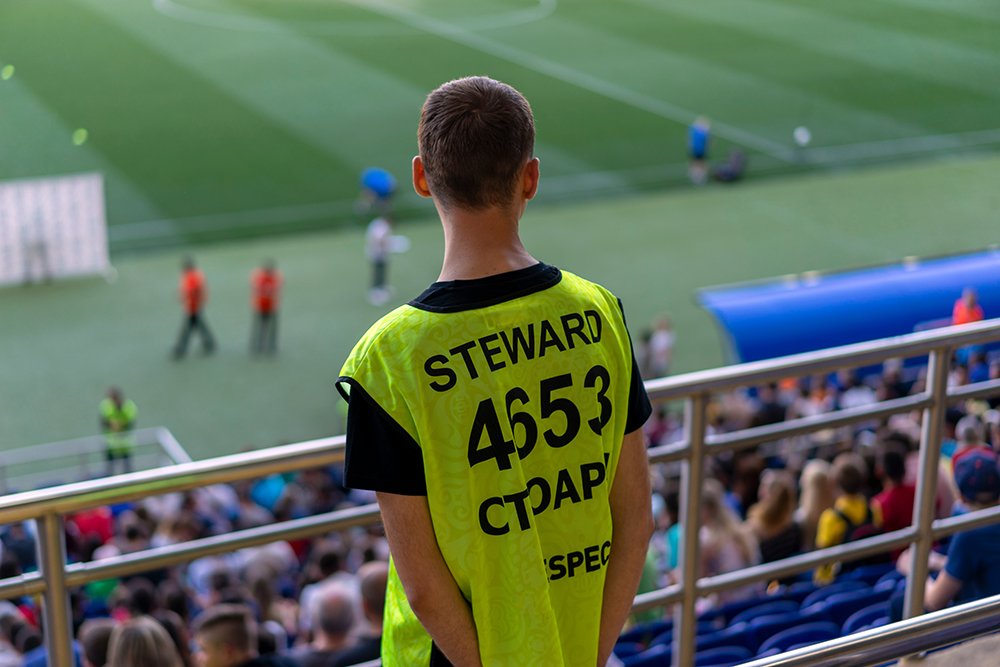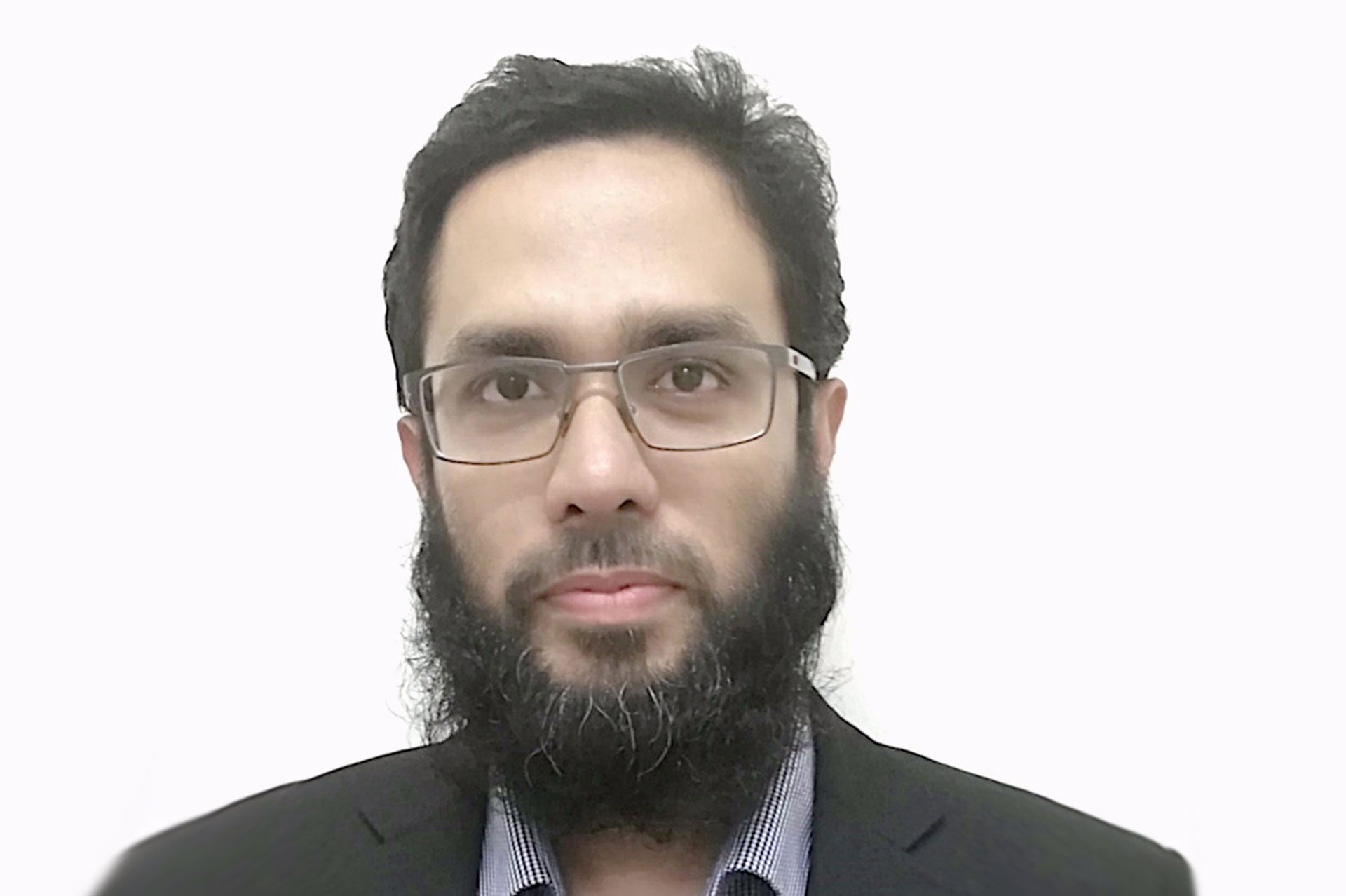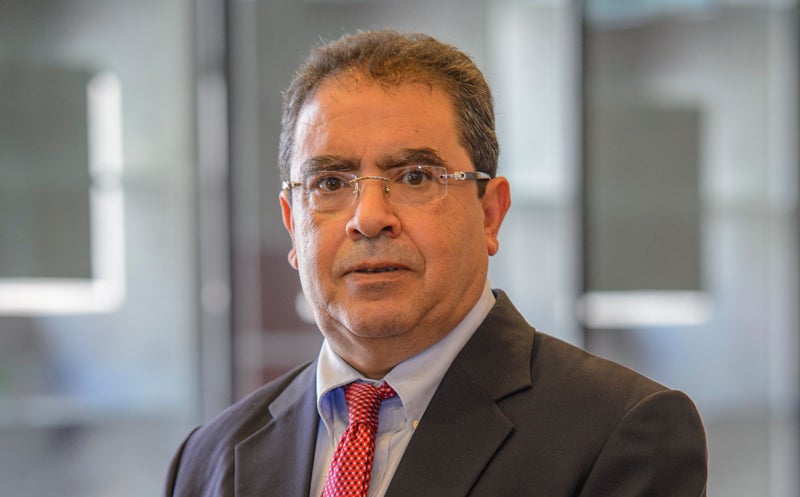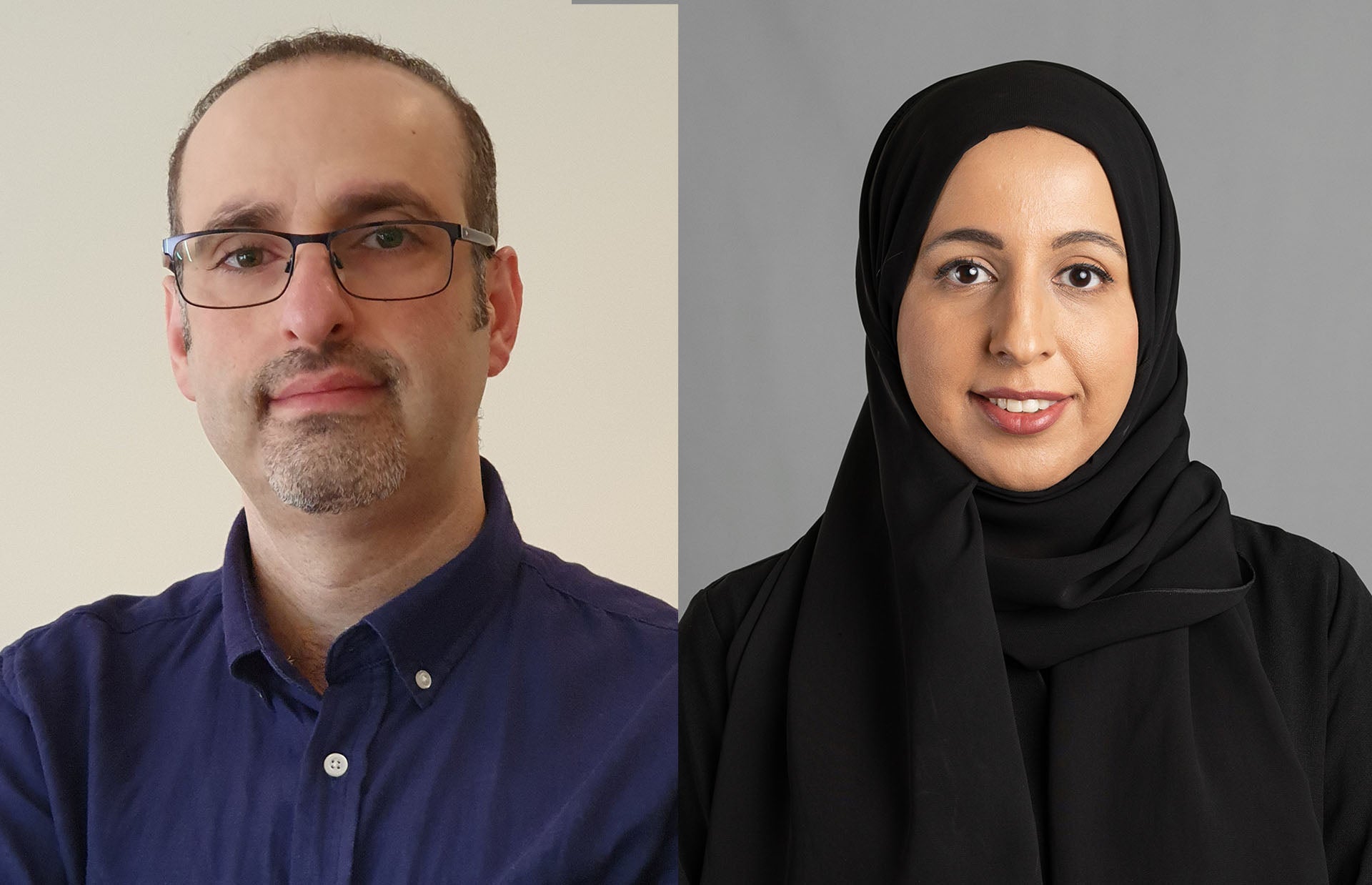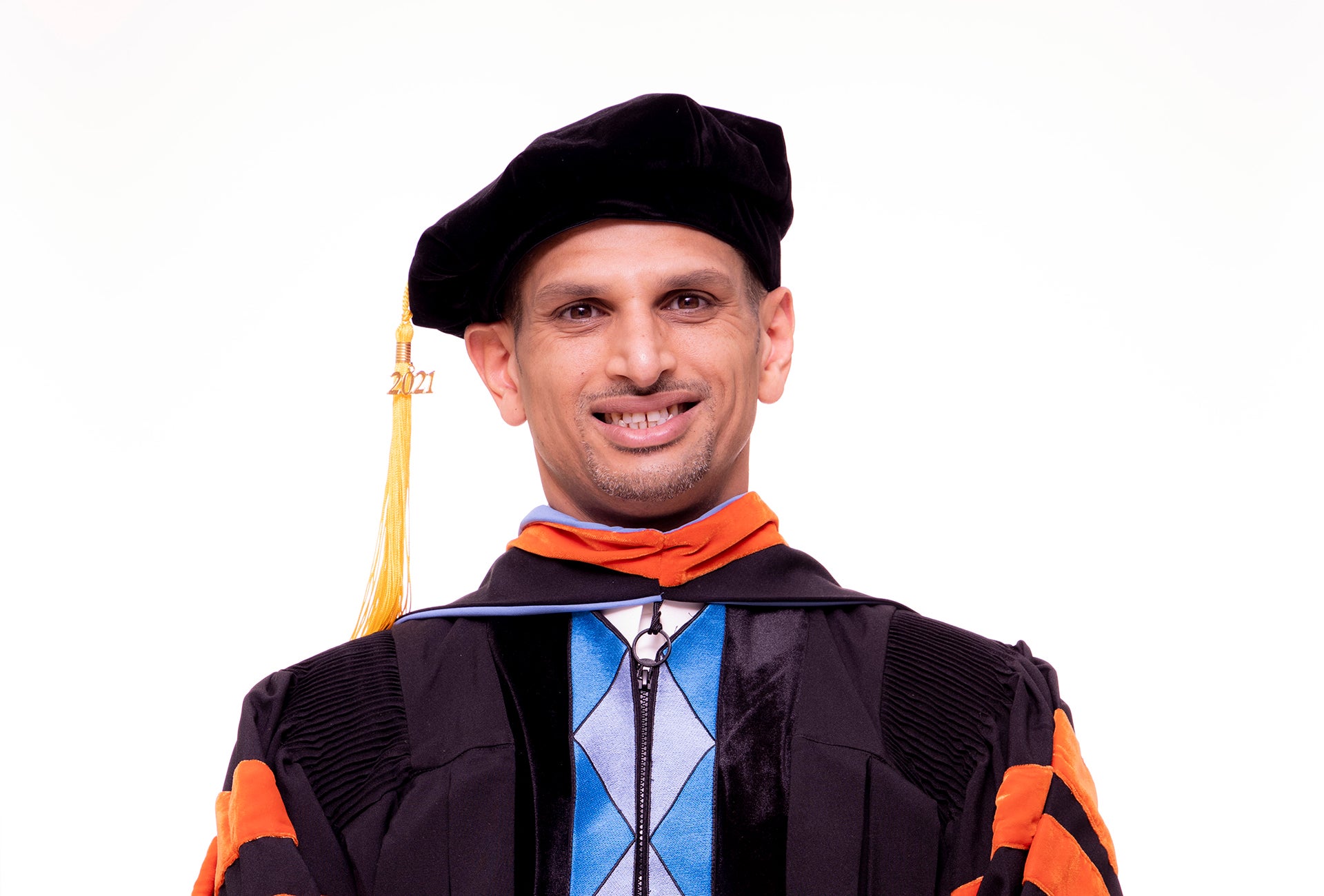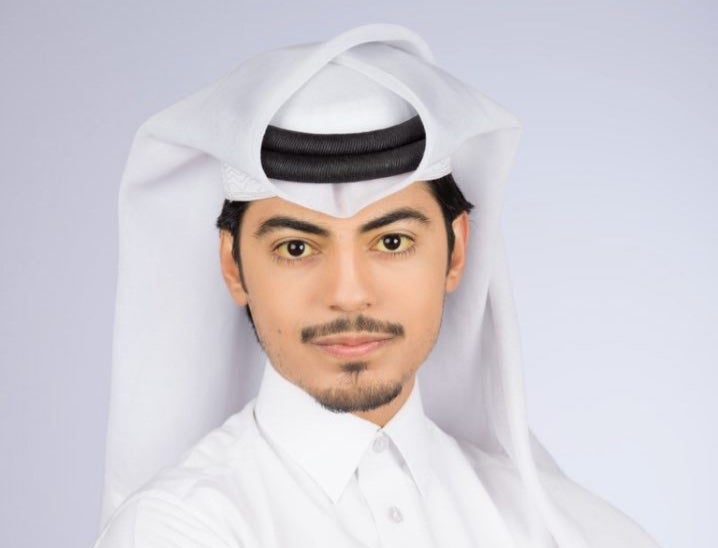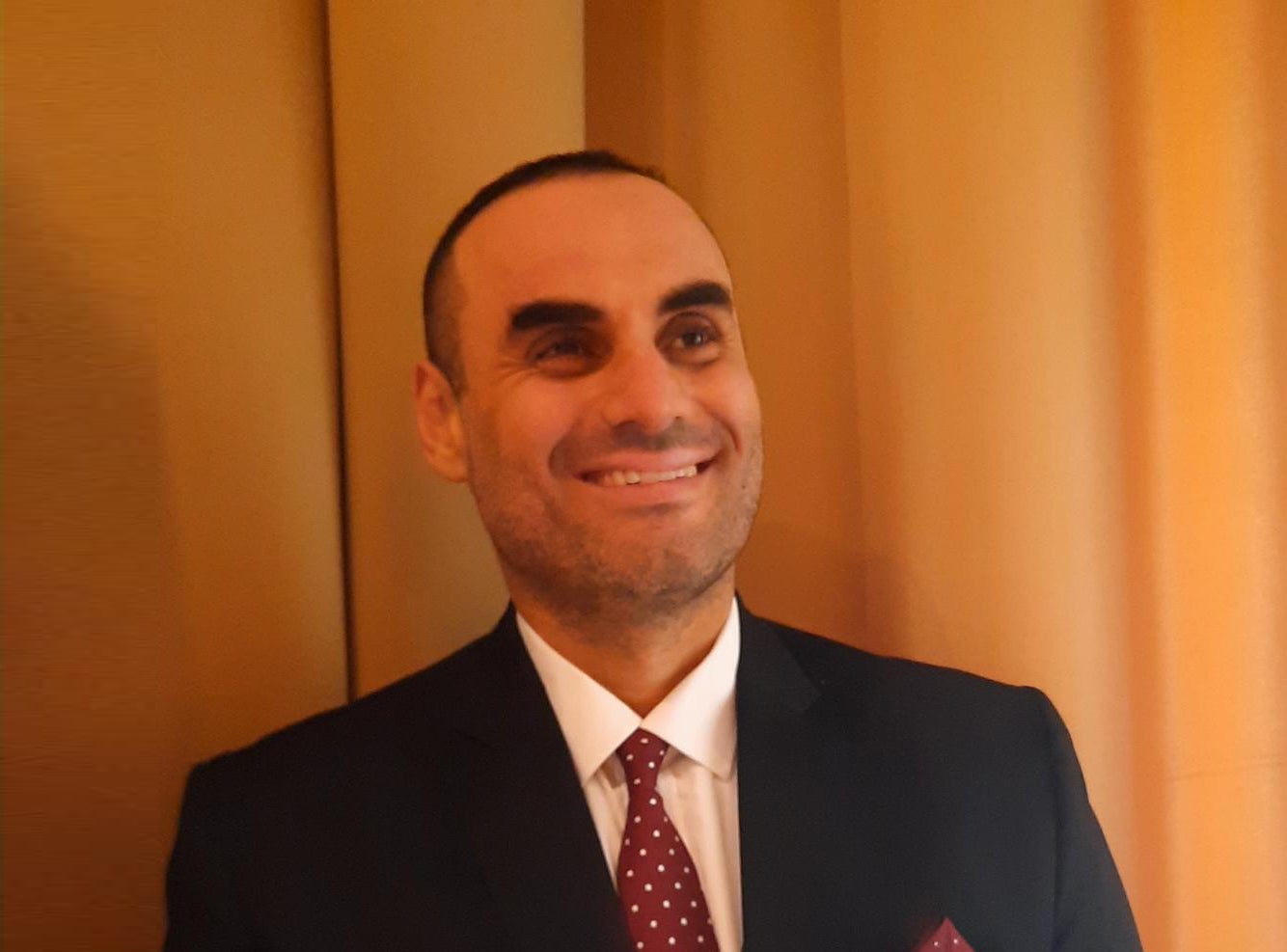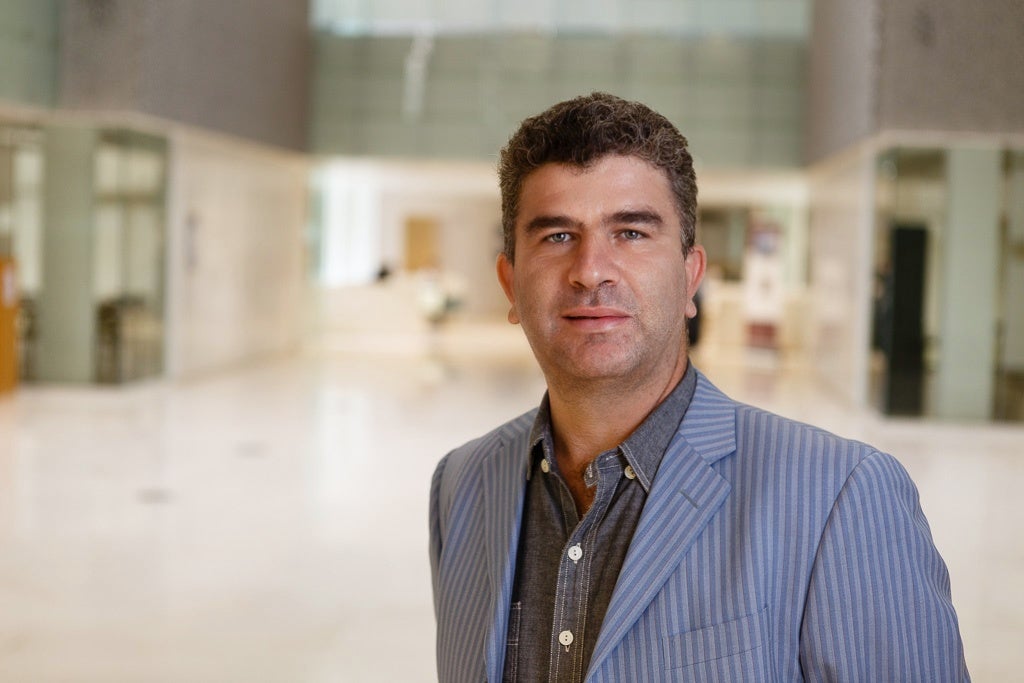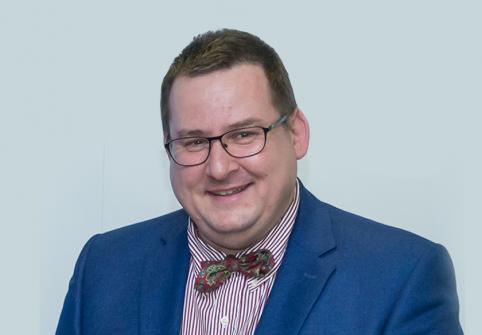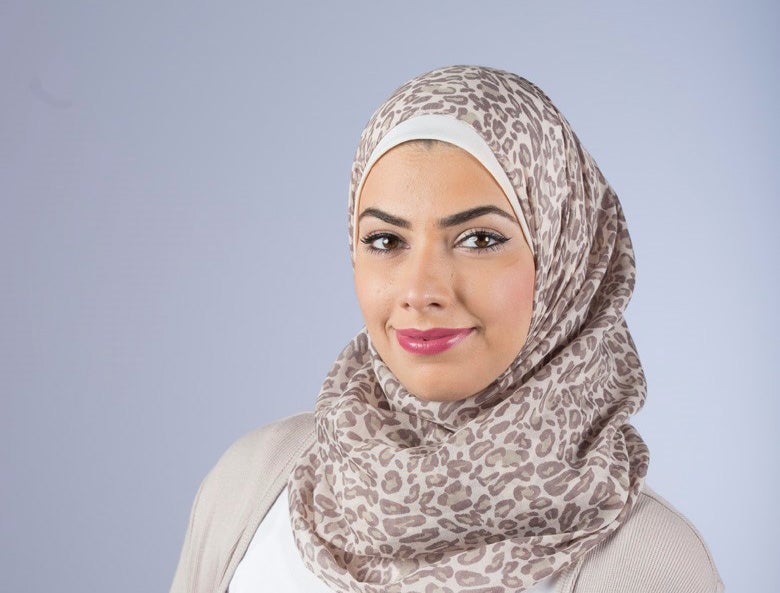
Dr. Marwa Qaraqe, an assistant professor at the College of Science and Engineering (CSE) at Hamad Bin Khalifa University (HBKU), explains how she and her team have developed an application that could be of particular use to diabetics in the region
What makes this food recognition application unique?
The application caters to Middle Eastern cuisines, whereas the majority (if not all) of food applications in the market, do not incorporate regional types of foods. This limits the use of such applications in the Middle East. In addition, the developed food recognition application has been integrated into my Remote Healthcare Platform for Diabetes Management which automatically time-stamps details of a user’s food intake on their continuous blood glucose curve.
Why is it important to correlate the dietary intake of people with diabetes with their blood glucose curve?
Continuous glucose monitoring (CGM) sensors, which are readily available in the market, can provide continuous blood glucose measurements of a user, without the conventional finger-prick method. The data gathered from CGM devices provide valuable insight into a user’s blood glucose trends over time. However, without any information on food intake, which is directly correlated with blood glucose levels, we miss a lot of information. The platform automatically time-stamps any food the user images to their CGM curve, providing deeper analytical insights on how particular foods affect the user’s blood glucose levels over time.
Is the food recognition application only suitable for people with diabetes?
No, the food recognition app can be used by a wide range of population groups for different applications. For example, it can be used by people who are tracking their food intake for dietary reasons or weight loss. In addition, it can be used for travelers to identify foods in different countries or by restaurant review platforms (like Zomato, Yelp, etc.) to automatically categorize user-generated images by content or to organize a library of photos submitted by restaurants.
What is the significance of the developed Remote Healthcare Platform?
The Remote Healthcare Platform for Diabetes Management is both a mobile and web-based application that allows users to i) view their CGM data remotely and in real-time: ii) provides access to essential people such as caregivers, parents of children with diabetes, school nurses, and medical professionals, to remotely monitor the user’s blood glucose; and iii) provides better analytical insight by correlating the user’s CGM data with their diet. Remote monitoring is essential for many reasons, including decreasing embarrassment for young diabetic children who must be periodically taken out of class to check their blood glucose. It also provides a way for caregivers and parents to monitor the blood glucose of their loved ones, even when they are not around, and they can intervene when the levels begin to drop or rise beyond a safe limit.
What was it about this topic that inspired you to want to work on this project?
Diabetes is one of the most prevalent health issues in Qatar and affects many children and adults. Having dealt with gestational diabetes firsthand, I understood the struggles that many live with on a day-to-day basis. Unlike gestational diabetes, type I and type II diabetes are for a lifetime so my “firsthand experience” really inspired me to leverage my technical experience and background and develop technology that would simplify the lives of people living with diabetes.
How proud do you feel to be playing a role in tackling one of Qatar’s biggest health issues?
It always feels rewarding to work in a domain that has a direct impact and, in this case, the potential to simplify the lives of many who are either living with diabetes or caring for children with diabetes. I am grateful to HBKU and the CSE for initially funding the project when it was just an idea. They saw the potential of the project and awarded me an internal grant to facilitate the development of the Remote Healthcare Platform for Diabetes Management.
Do you have any particular hopes for the app?
I am currently working with my research team to further improve the application and we hope to start user studies with Hamad Medical Corporation and Sidra Medicine to further improve the usability of the app. In addition, I aspire to see the app to full implementation and usage in Qatar. I truly believe this app can ease the burden of diabetes management and help alleviate worry by allowing for remote monitoring of diabetics’ blood glucose levels.
The research behind the Remote Healthcare Platform for Diabetes Management application has been published in IEEE Xplore and IET Journals.







